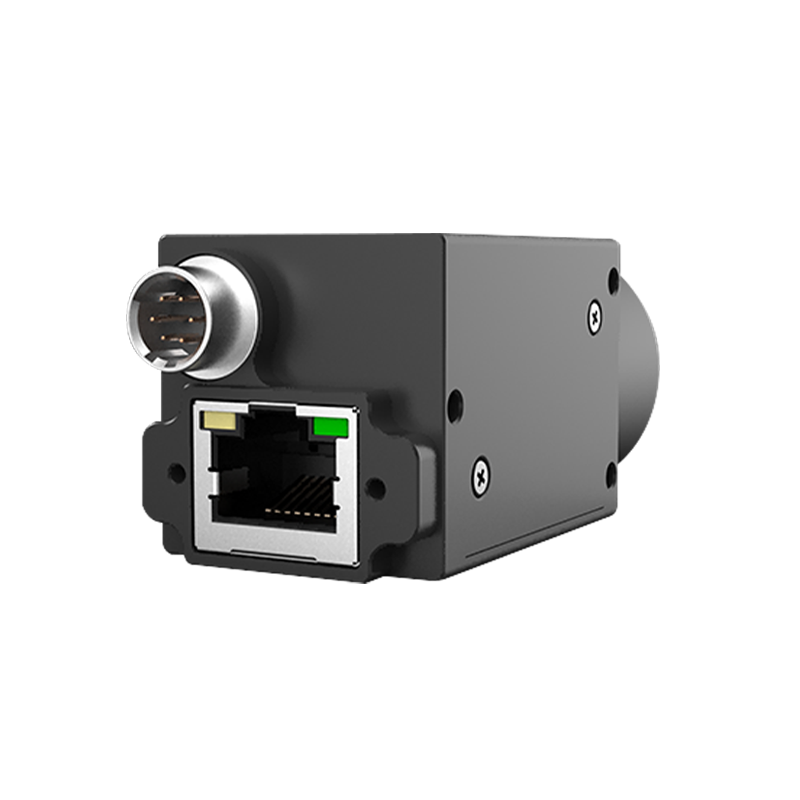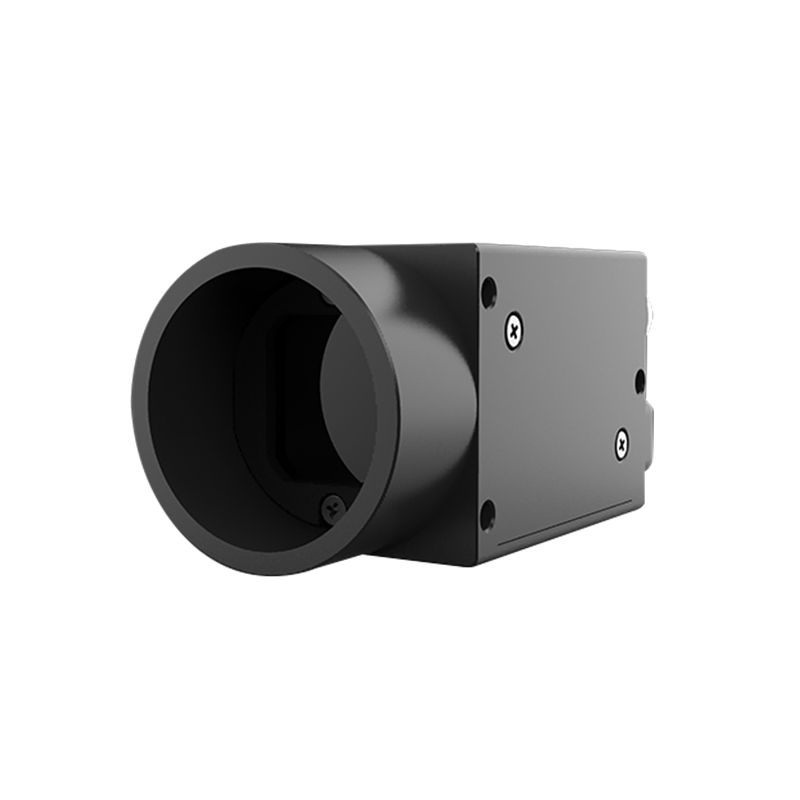Applications of SWIR Cameras in Industrial Inspection
Overview of SWIR Cameras
SWIR (Short-Wave Infrared) technology operates in a unique spectrum, utilizing wavelengths between 1,000 to 2,500 nanometers. This enables SWIR cameras to offer enhanced imaging capabilities in low-light and challenging conditions. Unlike conventional cameras, SWIR cameras can see through obscurants such as fog, smoke, and dust, making them valuable for applications in surveillance, environmental monitoring, and security.
Key features of SWIR cameras include their high sensitivity to specific wavelengths, enabling unparalleled penetration through various materials and atmospheric conditions. These cameras capture high-resolution images, which are essential for applications that require detailed analysis, such as semiconductor inspection, quality control in the food industry, and material analysis. This versatility, combined with their ability to operate where visibility is typically limited, makes SWIR cameras indispensable across industries ranging from industrial inspection to medical imaging.
Applications of SWIR Cameras for Industrial Inspection
SWIR cameras significantly enhance quality control in manufacturing by detecting defects and foreign materials that traditional visible-light cameras often miss. These cameras can identify subtle imperfections such as cracks or voids in components and can inspect the integrity of soldered parts in electronics, ensuring that every product meets stringent quality standards. The use of SWIR technology provides manufacturers with a powerful tool to maintain consistency and improve product reliability.
In the food and beverage industry, SWIR cameras are indispensable for product safety inspections. They have the capability to identify contaminants and unapproved substances, thus playing a critical role in compliance with health regulations. This technology is adept at detecting moisture levels and can non-invasively assess the quality of food items, leading to enhanced consumer safety and trust in food quality.
Moreover, material analysis and sorting greatly benefit from SWIR cameras' ability to differentiate materials based on their spectral signatures. This capability is essential in recycling and resource recovery operations, where sorting materials correctly is paramount. SWIR cameras can effectively discern different types of plastics, textiles, and other materials, facilitating more efficient recycling processes and contributing to sustainable practices in various industries.
Benefits of Utilizing SWIR Cameras
SWIR cameras offer enhanced visibility in challenging conditions such as smoke, fog, or low-light environments, significantly improving safety and accuracy during inspections. These capabilities make SWIR cameras a preferred choice in industries where traditional visible-light cameras struggle, providing a new level of detail and clarity that can differentiate between critical operational elements even in obscured settings. With advanced spectral imaging, SWIR cameras detect minute anomalies that would otherwise go unnoticed.
The high-speed image capture capabilities of SWIR cameras make them invaluable in industrial contexts where fast-moving objects need to be analyzed. In production lines, particularly those that rely on precision and rapid processing, such as automotive and electronics manufacturing, SWIR cameras enable instant capture and processing of images. This rapid analysis capability allows for timely interventions to maintain the flow and efficiency of production, which is essential when working with high-speed processes.
Moreover, SWIR cameras boast non-destructive testing capabilities, which allow for the inspection of products without causing any damage. This feature is particularly beneficial in sectors like aerospace and automotive, where maintaining the structural integrity of high-value components is critical. These cameras utilize innovative technology to inspect deeply embedded features within materials, ensuring compliance with rigorous quality standards and avoiding potential failures by detecting imperfections early in the process.
Integration of SWIR Cameras in Industrial Settings
Integrating SWIR cameras with existing industrial systems, such as conveyor belts and inspection stations, ensures minimal disruption to manufacturing workflows. This seamless integration allows for enhanced production efficiency by leveraging the advanced imaging capabilities of SWIR technology. They offer an unmatched ability to detect defects and materials that might go unnoticed by conventional cameras, thus facilitating superior quality control directly within existing infrastructure.
To maximize the effectiveness of SWIR cameras, combining them with appropriate lighting solutions like a ring light, bar light, or dome light is crucial. These lighting solutions enhance image clarity and coverage, making SWIR cameras adaptable across various applications. Whether inspecting semiconductor wafers, analyzing aerospace components, or monitoring agricultural products, this comprehensive lighting ensures optimal image quality, thereby improving inspection accuracy and reliability. By integrating these advanced imaging systems without significant workflow changes, industries can enhance their efficiency and competitiveness.
Key Products in the SWIR Camera Market
The market for SWIR cameras has some noteworthy products, each tailored to meet specific industrial demands. The MV-31GM-GE Area Scan Camera strikes a remarkable balance between performance and cost. This camera is ideal for a range of industrial inspection applications, offering reliability and consistency in results due to its effective pixel and sensor options.

The MV-2100RC-GE/M Area Scan Camera is equipped with advanced imaging capabilities, making it indispensable for precise analytics required in industrial quality control and material sorting. Its high-speed processing and adaptable features enhance efficiency in environments where accuracy is paramount.

Finally, the MV-200GC-GE/M Area Scan Camera stands out for its versatility. It is designed to operate effectively across various settings, including food inspection and electronics manufacturing. This camera's adaptability makes it an excellent choice for industries requiring diverse imaging solutions on a single platform.

These products exemplify the growing capabilities in SWIR camera technology, catering to the high demands of modern industrial applications.


